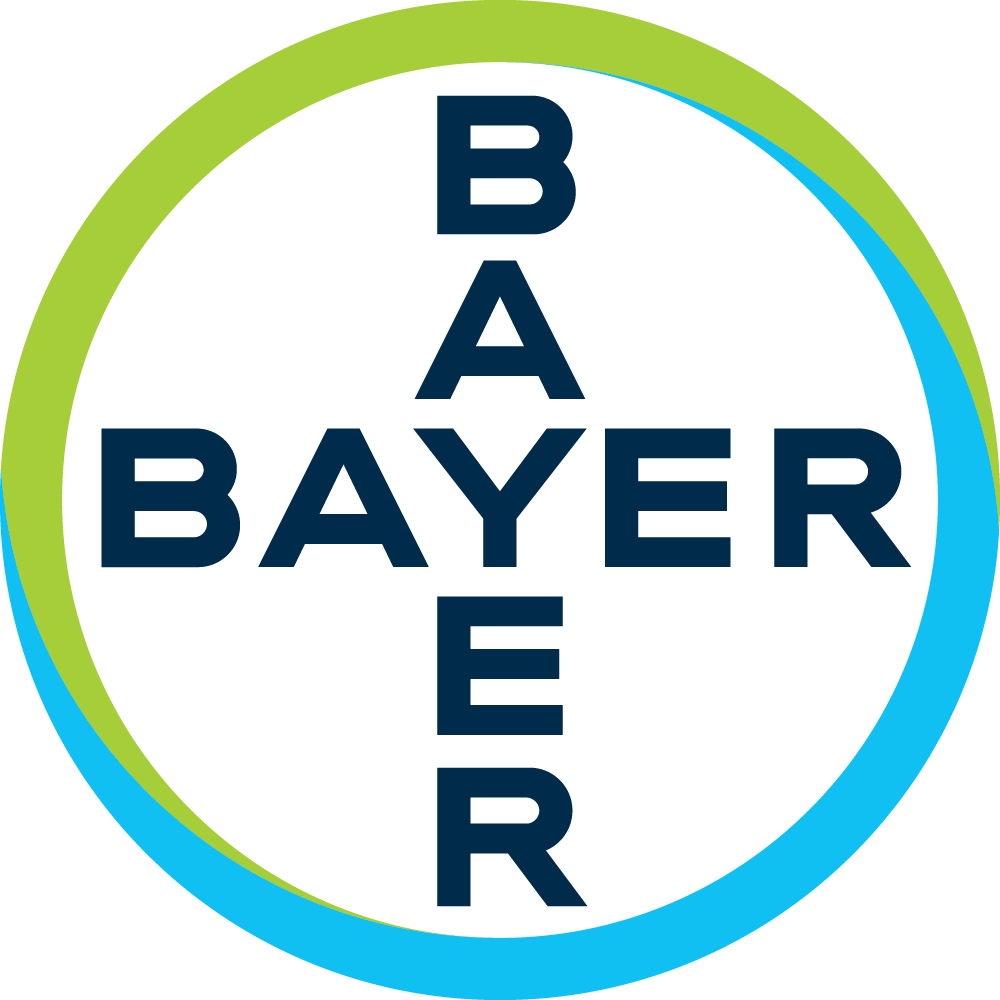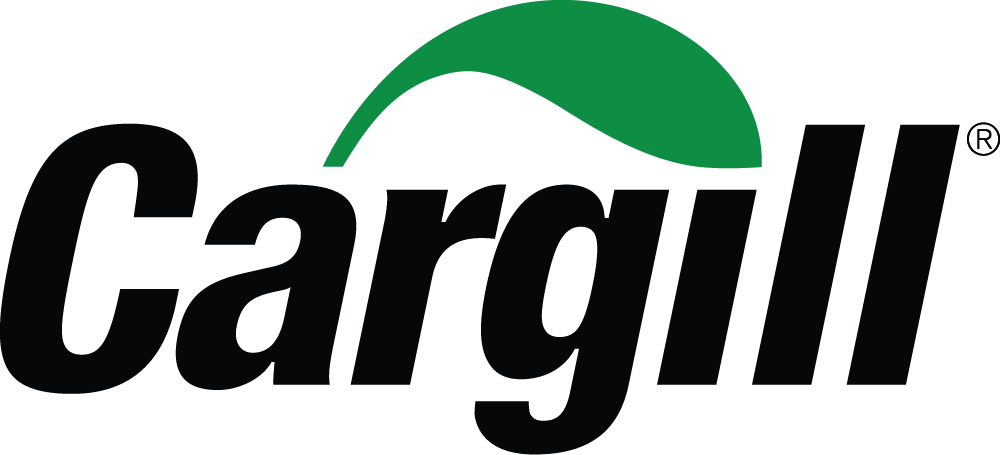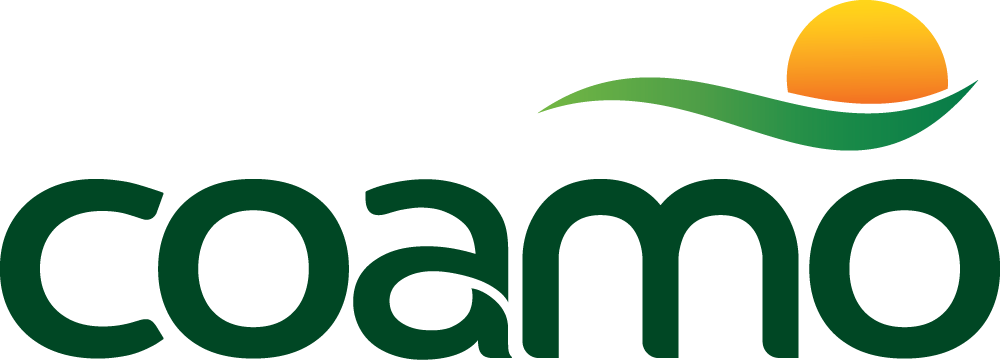Low Carbon Soybean Program
Valuing the Sustainable Soybean Production System
The concept is based on the computation of benefits and the certifying production practices demonstrably having low GHG emissions. Embrapa Soja coordinates the methodological construction with the participation of specialists from various Embrapa units and representatives from the productive sector. The LCSP adopts a sectoral innovation model and relies on a partnership with seven supporting companies: Bayer, Bunge, Cargill, Coamo, Cocamar, GDM, and UPL.
Learn more about the
Low Carbon Soybean Program
The Low Carbon Soybean Program aims to add value to soybean produced in competitive systems contribute to combating global warming. This is an innovative concept focusing on measuring benefits and certifying production practices using a Brazilian science-based methodology while adhering to internationally defined premises.
Sectoral Innovation in the Soybean Supply Chain
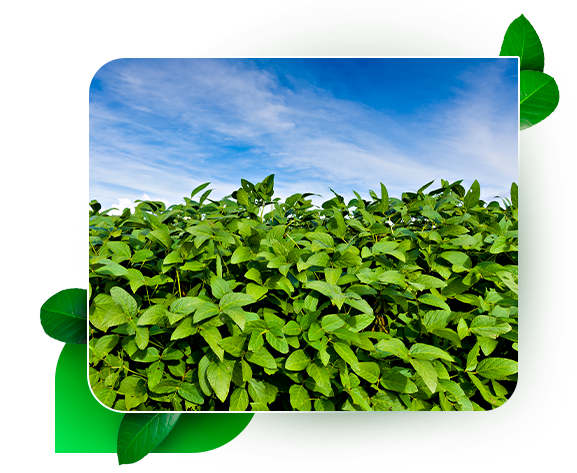
Construction of the PSBC Protocol
The Low Carbon Soybean Program (LCSP) has developed a protocol to certify soybean-producing areas with low greenhouse gas emissions (GHGs). The objective is to certify the sustainability of Brazilian soybean production by awarding the Low Carbon Soybean (LCS) seal to soybean production systems that use technologies and agricultural practices aimed at reducing the intensity of greenhouse gas emissions (GHGs).
The protocol will undergo validation in at least five pilot farms in each of the five soybean-producing macro-regions, representing approximately 25 areas from different producing regions of Brazil. After the validation of the protocol criteria, a descriptive memorandum, with the regulations for registration in the Ministry of Agriculture and Livestock.
The validation process will happen over two crop seasons (2023/24 and 2024/25), ensuring credibility for the actions for implementation in production systems applying for the LCS seal. The protocol must be measurable, reportable, and verifiable, based on science, and internationally accepted standards.
The protocol validation will be completed by 2026, followed by the implementation of the LCS seal in the market, which will advance concurrently with the validation of field criteria results. The scope of the LCSP includes quantifying the reduction of GHG emissions in the candidate area, using the typical production systems (modal) of each region as a reference (baseline). These systems, which encompass the primary agricultural crops and production practices of the region, have already been defined and characterized by the LCSP.
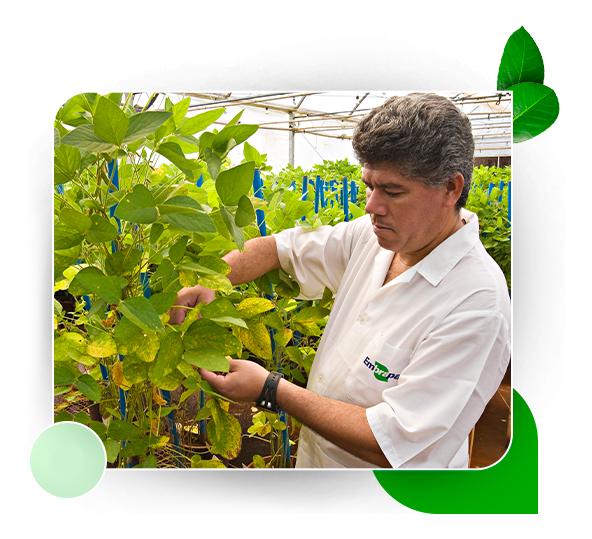

Embrapa has a data history on the amount of carbon stored in the soil in typical soybean production systems in the leading grain-producing regions of Brazil, allowing for the establishment of the average of these stocks.
Based on this regionally parameterized number, areas with carbon stocks higher than the modal value of the region are already considered candidates for obtaining the LCS seal. The Program also takes into account the type and quantity of inputs used, as well as other good field management practices, which also impact CO2 emissions.
The scope of the LCSP involves comparing typical production systems (crops used and production practices adopted) with areas applying for the LCS seal, i.e., those adopting mitigating practices.

Purpose of the LCS Seal
The Low Carbon Soy Program (LCSP) is developing a protocol to certify soybean-producing areas with low greenhouse gas emissions (GHGs). The LCS seal signifies Brazil's commitment to further enhancing sustainability aspects, which will undoubtedly enhance the value of soybeans produced. The LCS seal aims to distinguish soybean producers who adopt agricultural practices that demonstrably contribute to mitigating GHG emissions through an MRV (measurable, reportable, and verifiable) protocol with private and third-party certification, thereby contributing to mitigating the adverse effects of climate change. Through this distinction, opportunities emerge to add value to low carbon soybeans, including payment for environmental services, access to financing with lower interest rates, and entry into more restricted markets, among other benefits.
Producer adherence to the brand will be voluntary and will require Producer adherence to the brand will be voluntary and will require meeting eligibility criteria such as compliance with environmental and labor legislation and the adoption of good agricultural practices, such as no-tillage systems, the use of nitrogen-fixing and growth-promoting bacteria, and integrated pest, disease, and weed management, among other criteria.


